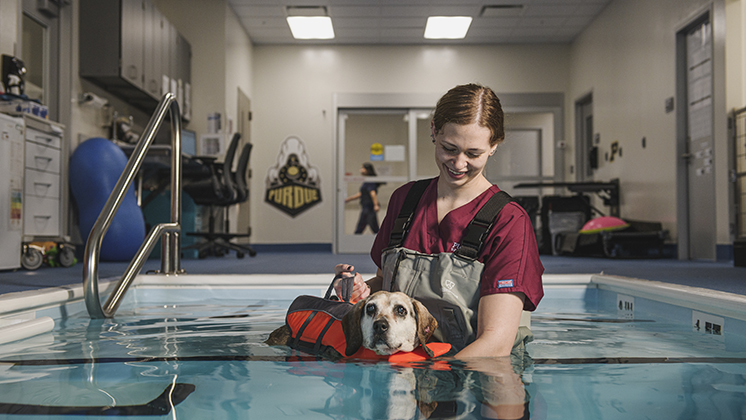
by Josh L. Clark, MS, RVT and Kelsey Wirt, MS, LVT
While a six-figure salary is not the norm in the veterinary technician field, there are ways to potentially increase your earnings beyond the average vet tech salary. Here are a few strategies that could help you reach this goal.
Specialization can significantly boost a vet tech salary. Vet techs can specialize in various areas of veterinary medicine, such as dentistry, anesthesiology, emergency and critical care, and more. These specializations often require additional training and certification, and they should also come with higher salaries. According to the National Association of Veterinary Technicians in America (NAVTA), there are 16 recognized specializations.
Experience as a credentialed vet tech is another significant factor in determining salary. As you gain more experience and expertise in your field, you should qualify for higher-paying roles. The promotional opportunities for senior vet techs often include becoming supervisors or practice managers. These administrative roles should come with a higher salary and additional responsibilities.
Vet techs working in certain settings may earn more than others. For example, vet techs employed in research institutions, pharmaceutical companies, or specialty veterinary practices often have higher salaries than those working in general practice veterinary clinics.
Pursuing advanced education, such as a Bachelor's or Master’s degree could open doors to higher-paying positions within the veterinary field, such as veterinary practice manager or veterinary pharmaceutical sales representative.
While this isn't something you can readily change, it's worth noting that vet tech salaries vary by location. Generally, areas with a higher cost of living pay higher salaries.
It's important to note that while these strategies can increase your vet tech salary, reaching a six-figure income in this profession is not common and would likely require a combination of many factors, including significant experience, advanced education or specialization, and a high-demand work setting.
Find your calling as a Purdue Veterinary Technician!
Not quite ready to apply? Connect with us to learn more.

Explore the detailed requirements for becoming a vet tech. Learn the importance of a degree, the nuances of credentialing, and the distinct state regulations. Can you become a vet tech without formal education? Discover the advantages and limitations of each pathway.
Read more
Communication, empathy, and teamwork skills for veterinary technicians are essential. Excellence in animal care also demands strong interpersonal abilities.
Read more
Explore the physical and emotional challenges of being a vet tech, and discover effective strategies to manage and mitigate stress in this rewarding profession.
Read more